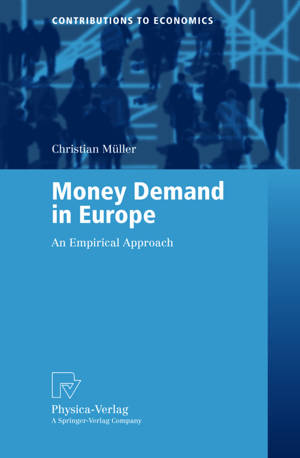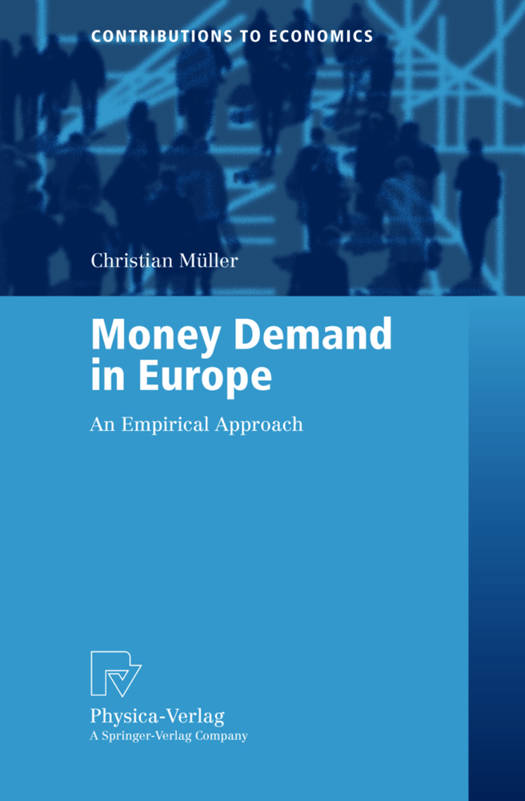
- Afhalen na 1 uur in een winkel met voorraad
- Gratis thuislevering in België vanaf € 30
- Ruim aanbod met 7 miljoen producten
- Afhalen na 1 uur in een winkel met voorraad
- Gratis thuislevering in België vanaf € 30
- Ruim aanbod met 7 miljoen producten
Zoeken
Omschrijving
The first of January 1999 marked the beginning of a macroeconomic experi- ment without precedent in modern history. For the first time eleven European countries agreed to abolish their local currencies in favour of a single one, the Euro. Not surprisingly, the necessary preparatory process has been accompa- nied by an intensive discussion about the best way to manage the new Euro currency properly. To spur on that discourse was the principal motivation for this thesis. The introductory chapter attempts to bridge economic and econometric views on money demand analysis. It should help to motivate estimation proce- dures and to standardize interpretation techniques, hopefully initiating further discussion in that direction. It intends to make the following chapters more accessible. In this thesis I approach the general subject in two principle ways. In chapter 3 I consider technical issues dealing with time series with shifts in the mean. Two years ago, Helmut Liitkepohl and Pentti Saikkonen asked me to join in on a related project which became the cornerstone of this chapter. I have very much appreciated the highly instructive collaboration with both these scholars.
Specificaties
Betrokkenen
- Auteur(s):
- Uitgeverij:
Inhoud
- Aantal bladzijden:
- 240
- Taal:
- Engels
- Reeks:
Eigenschappen
- Productcode (EAN):
- 9783790800647
- Verschijningsdatum:
- 23/06/2003
- Uitvoering:
- Paperback
- Formaat:
- Trade paperback (VS)
- Afmetingen:
- 156 mm x 234 mm
- Gewicht:
- 367 g

Alleen bij Standaard Boekhandel
+ 105 punten op je klantenkaart van Standaard Boekhandel
Beoordelingen
We publiceren alleen reviews die voldoen aan de voorwaarden voor reviews. Bekijk onze voorwaarden voor reviews.











